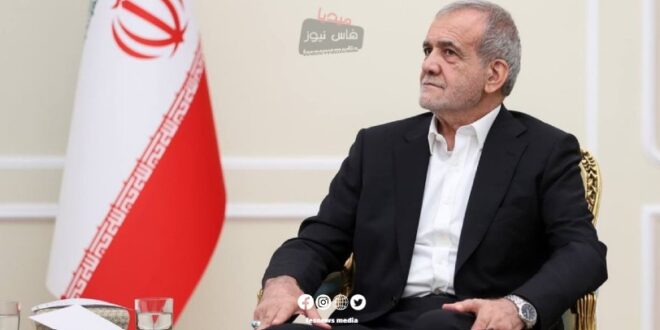Amid rapid developments in the Middle East region, tensions are escalating between the key players, with an exchange of statements and threats between Iran, Israel, and the United States.
A senior White House official stated that Iran is sending messages to the United States and Israel indicating that it does not want escalation. This statement comes at a time when the region is witnessing increasing tensions.
In contrast, Iranian Deputy Foreign Minister Ali Bagheri announced that his country reserves the right to respond legitimately to Israel in retaliation for the assassination of Ismail Haniyeh, a prominent Hamas leader. This statement points to the possibility of military escalation in the near future.
In another development, Palestinian sources reported the killing of Ahmed Abu Ara, a prominent leader in the Al-Qassam Brigades, the military wing of Hamas, in an airstrike targeting his car in the city of Jenin in the West Bank. This incident is likely to increase tensions in the region.
On another front, Iranian President Bezshkian declared that the United States stands at the forefront of threats facing Iran, affirming his country’s determination to confront these threats. This statement reflects the ongoing tension between Iran and the United States.
These rapid developments indicate a tense and complex regional situation, where interests and conflicts intertwine between various parties. The international community remains on alert for what may unfold in the coming days, with increasing calls for restraint and avoidance of military escalation.
Observers continue to closely monitor the situation, amid fears of the potential outbreak of a wider confrontation in the region.
 فاس نيوز ميديا جريدة الكترونية جهوية تعنى بشؤون و أخبار جهة فاس مكناس – متجددة على مدار الساعة
فاس نيوز ميديا جريدة الكترونية جهوية تعنى بشؤون و أخبار جهة فاس مكناس – متجددة على مدار الساعة













